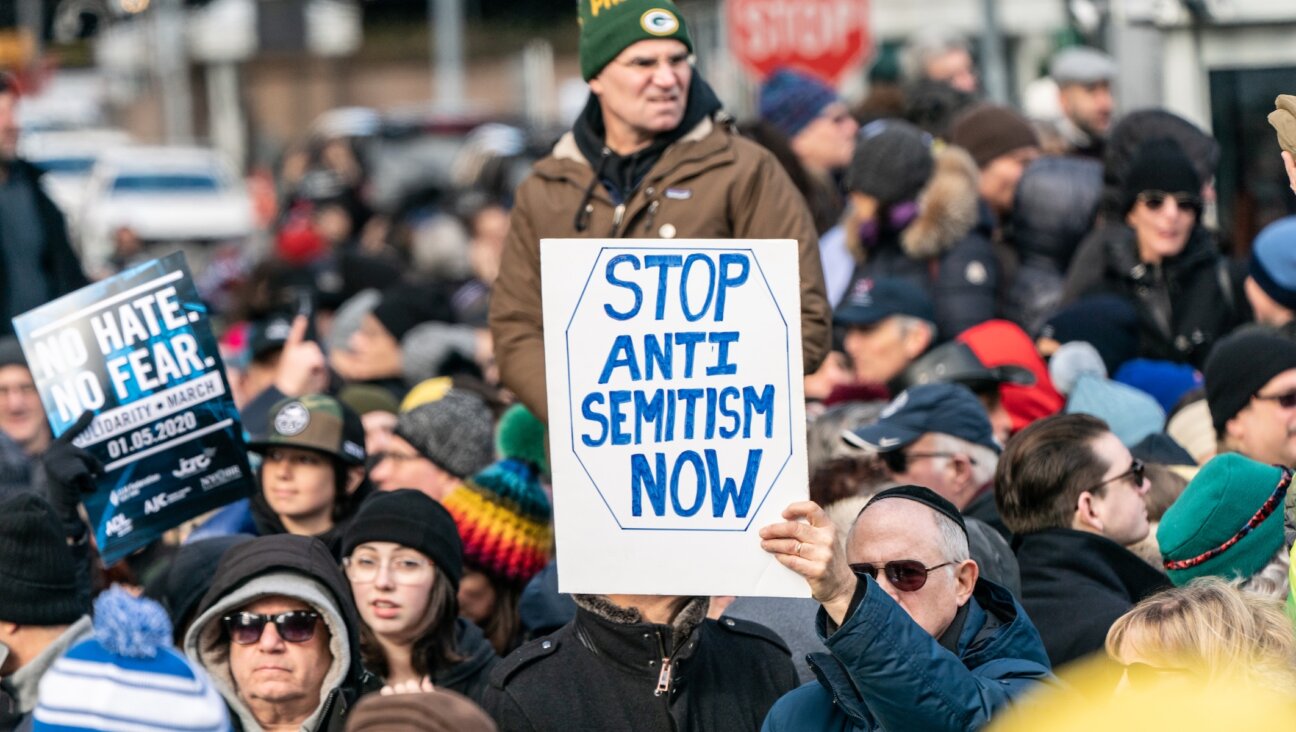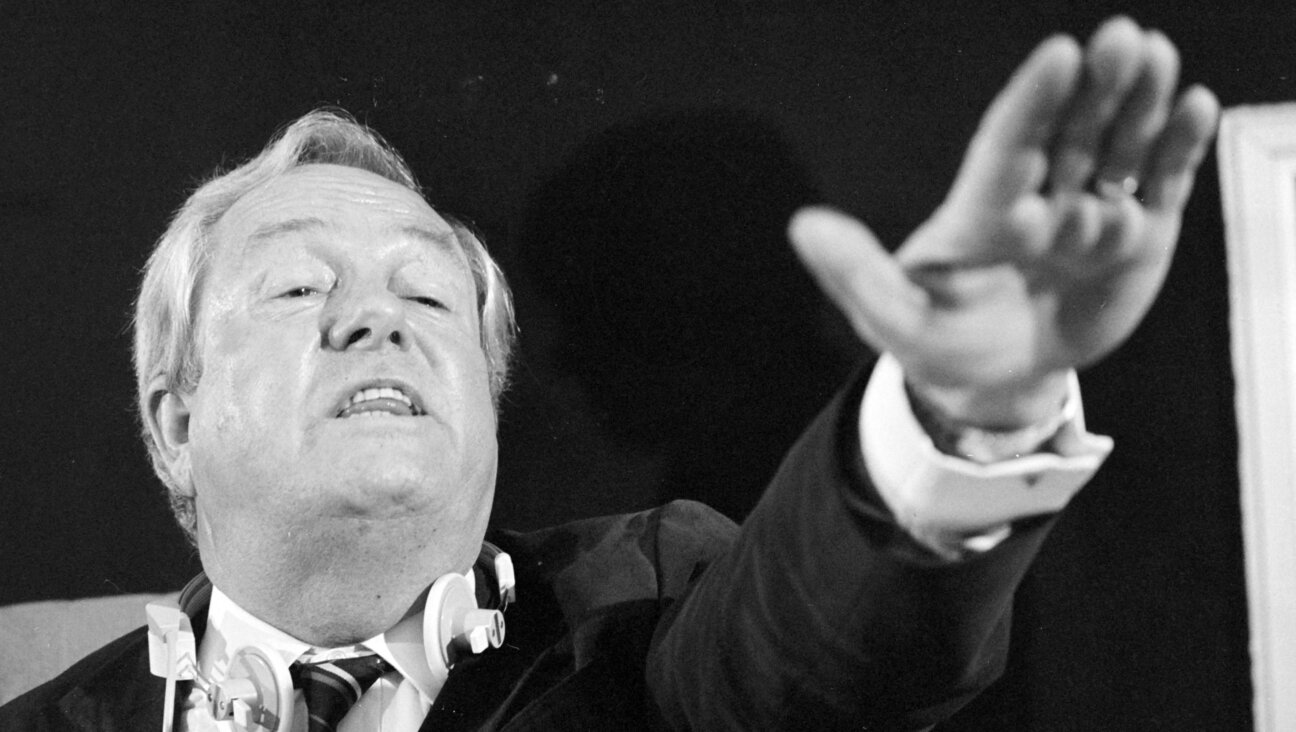Toronto Shuls Mull Split From Conservative Movement
One of Toronto’s largest Conservative synagogues has voted to leave the movement’s synagogue association, and several others are considering making a similar move.
Adath Israel Congregation voted on March 27 to leave the United Synagogues of Conservative Judaism, and three other synagogues will soon be voting on whether or not to leave.
The votes come after a year of negotiations between the synagogues and the USCJ to keep them in the movement, and after the two sides had apparently struck a deal.
This latest episode comes after years of discontent on the part of several of the Toronto congregations. Though practices vary from synagogue to synagogue, many of the Conservative synagogues in Toronto, and in much of Canada, are more traditional than their American counterparts. Several of the synagogues in Toronto are not fully egalitarian, and the movement’s recent ruling allowing same-sex marriage, and the decisions of the two North American seminaries to ordain gay rabbis, has not sat well with many Conservative Canadian Jews.
Participants in the discussions, however, say that the ideological differences were only the backdrop to the negotiations and that the substance dealt with issues of money and autonomy.
“We left, basically, because United Synagogue does not offer us value for the dues that we pay them,” said Steven Saltzman, senior rabbi at Adath Israel.
Seven of Toronto’s largest synagogues met about two years ago to discuss splitting off and forming their own organization. Though they reached out to synagogues in other parts of Canada, those synagogues did not join the effort. Representatives of the five largest synagogues then began negotiating with the USCJ on terms for staying in the movement.
After a year of negotiations, an agreement was struck in early March. Though none of the participants would disclose specifics, the agreement offered an additional degree of autonomy in regional decision-making, USCJ assistance in lobbying on Canadian public policy issues and additional funding for the congregations from the USCJ.
But the Toronto negotiators did not recommend to their congregations that they accept it. Norman Kahn, who represented Beth Tzedec in the negotiations, said that disputes over wording of the draft agreement led the committee to withhold its endorsement. By the time the wording was fixed, he said, the congregations had already moved forward with discussions about secession.
Paul Kochberg, president of the USCJ’s Canadian region, participated in the negotiations. He said he was surprised and disappointed that the synagogues’ negotiators didn’t advocate for the agreement they struck.
“It made me wonder what the negotiations were all about when so much time and effort and money was spent on negotiating and coming to an agreement with these very same representatives who appear not to be recommending it to their congregations,” he told the Forward.
It appears, however, that the synagogues may not split off en masse. Three synagogues of the original seven synagogues have voted to remain in USCJ. Beth Tzedec, the largest congregation in Toronto, has not voted, but its Rabbi, Baruch Frydman-Kohl, has recommended that the synagogue remain a part of the USCJ.
Ray Goldstein, the USCJ’s president, told the Forward that Adath Israel would be welcome to rejoin USCJ if it decides to reconsider.
A message from our Publisher & CEO Rachel Fishman Feddersen

I hope you appreciated this article. Before you go, I’d like to ask you to please support the Forward’s award-winning, nonprofit journalism so that we can be prepared for whatever news 2025 brings.
At a time when other newsrooms are closing or cutting back, the Forward has removed its paywall and invested additional resources to report on the ground from Israel and around the U.S. on the impact of the war, rising antisemitism and polarized discourse.
Readers like you make it all possible. Support our work by becoming a Forward Member and connect with our journalism and your community.
— Rachel Fishman Feddersen, Publisher and CEO




















